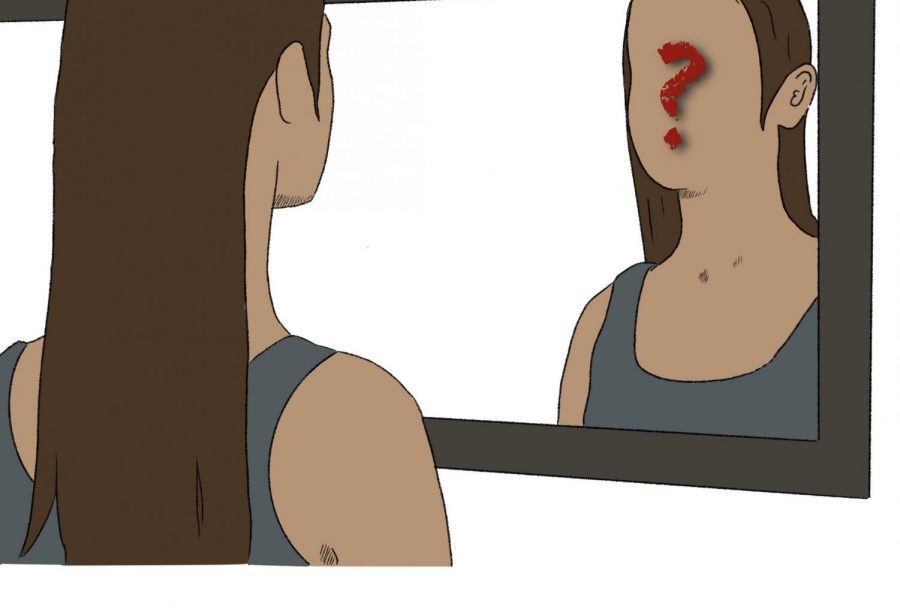There are a lot of things young people in this generation deal with in increasing numbers — anxiety, depression, peer pressure and more. Although previous generations dealt with these issues, our generation’s openness to these problems is what set us apart.
We validate these issues and find solutions instead of suppressing them, but there is one issue that isn’t talked about enough in conversations surrounding what young people deal with and that topic is imposter syndrome.
As defined by Harvard Business Review, imposter syndrome is “a collection of feelings of inadequacy that persist despite evident success. ‘Imposters’ suffer from chronic self-doubt and a sense of intellectual fraudulence that override any feelings of success or external proof of their competence.”
Just imagine walking onto a new campus or into the building of a new job feeling like you don’t belong where you are, even though your resume was phenomenal and your college application was anything but subpar. That is a feeling many people amongst you feel and are battling each and every day and they oftentimes don’t even know how to describe that feeling because imposter syndrome isn’t talked about as much as other mental health issues.
I know this feeling all too well. Being an out-of-state student coming all the way from Mississippi to California, I was propelled into a new world of smart and talented individuals. I began to experience imposter syndrome as early as the second month of my freshman year in college, but I didn’t know what the feeling was or how to express it to my friends who could have possibly helped me through it.
So what did I do? I went months feeling like a fraud. I felt my “cover” would be blown at any given moment and I would be embarrassed amongst my new peers, but eventually, the topic of imposter syndrome came up in a class I was taking one day and the dots began to connect.
Not only is imposter syndrome a very real and valid thing, but there are also different types of imposter syndrome, which means it can manifest itself in many different ways.
As categorized by Dr. Valerie Young in her book, The Secret Thoughts of Successful Women: Why Capable People Suffer From the Imposter Syndrome and How to Thrive in Spite of It, there’s the perfectionist, the superwoman/man, the natural genius, the soloist and the expert.
The perfectionist sets unreasonable high goals to attain and then feel inadequate when they don’t achieve those set goals. This is what creates self-doubt within themselves.
The superwoman/man is seen as trying to balance and excel in as many roles as possible. They want to “do it all” with little to no failure. Self-doubt creeps in when they don’t measure up to all the things they stuffed onto their plate.
The natural genius measures their competence on how efficiently and conveniently they can “get” things. They see having to put in the effort to grasp and understand something as a failure. Therefore, self-doubt arises when things are harder for them to work through or understand.
The soloist feels “as though asking for help reveals their phoniness” and they find validation in being independent.
Lastly, the expert finds validation in “how much” and “what” they know or can do; they fear being exposed as unknowledgeable.
Highlighting the different types of imposter syndrome is important to know because it can creep up on anyone at any time. We need to be ready and accepting to talk about these feelings.
Studies have estimated that 70% of people experience imposter syndrome at least once in their lifetime, so you are not alone if you ever come across these feelings. These feelings are real, normal and valid.
Aaliyah Alexander is a sophomore studying journalism and international studies. Follow her on Twitter @aaliyahdanyell.










